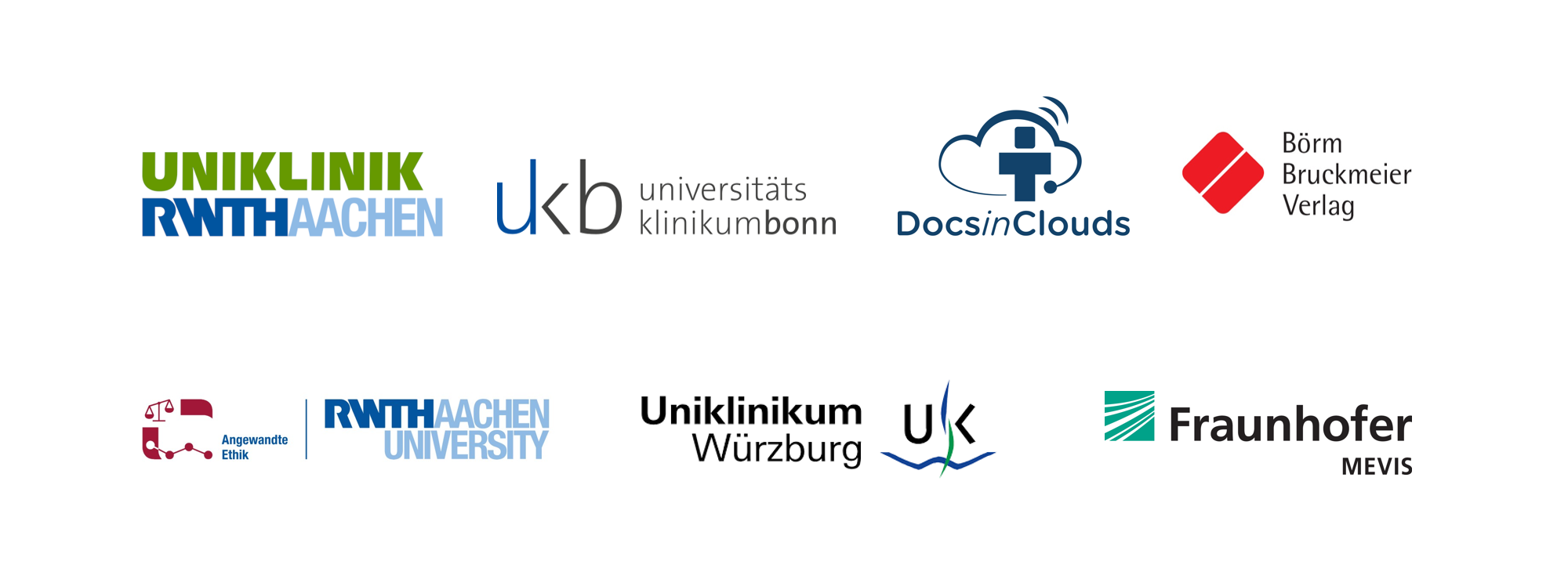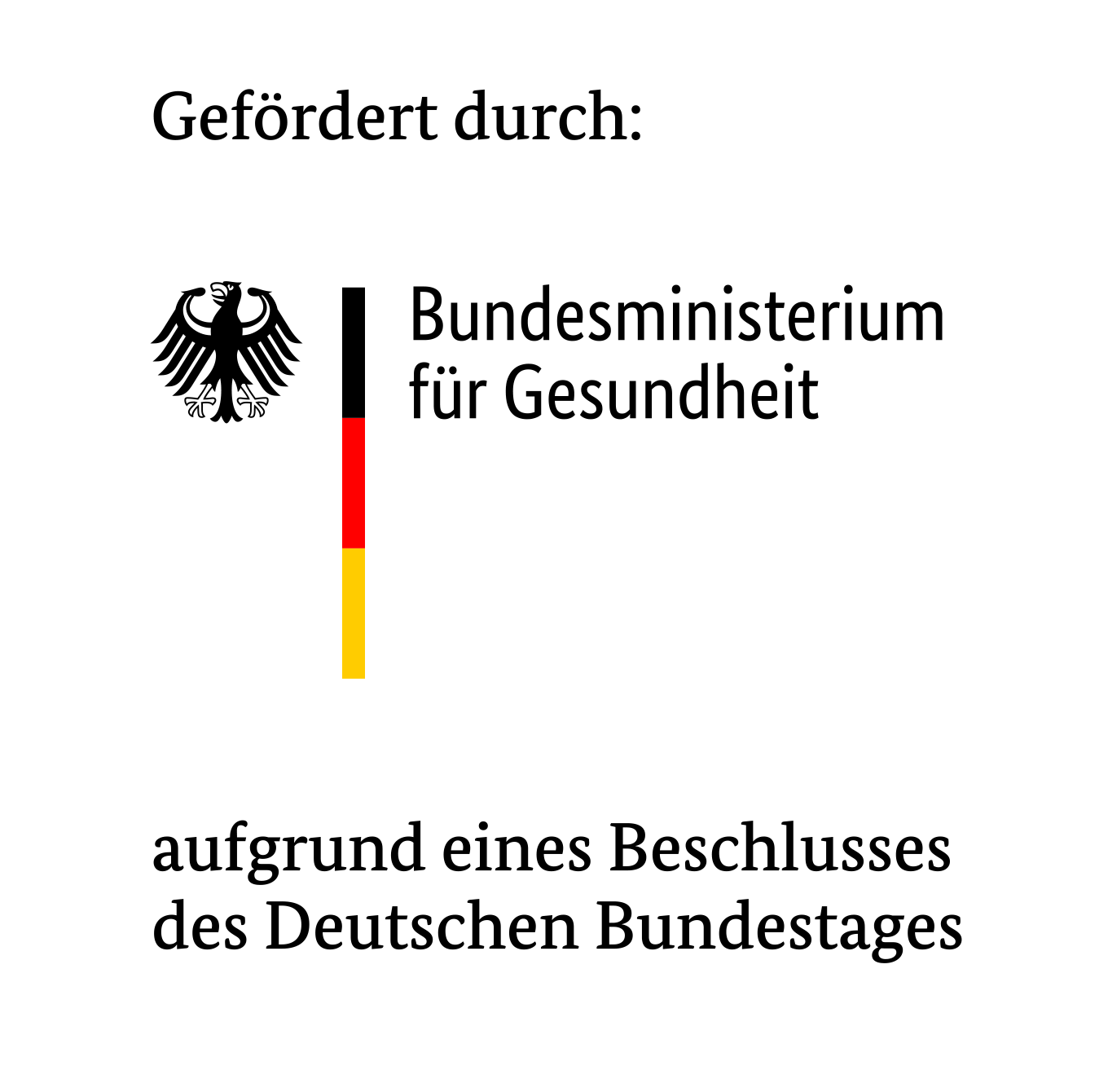Background
Over 10 million operations are performed in Germany every year. Currently, preparation for an operation requires repeated on-site appointments to inform the patient and to assess the individual risk for the anaesthetic and the operation. This standard leads to considerable organizational effort and places a physical and psychological burden on patients.
Goals
The project aims to make a significant contribution to improving patient care. It should be possible to replace or at least supplement non-essential face-to-face appointments with contactless, digital-virtual interactions. Patient data should be retrieved from home using telemedical software, followed by a medical history and information session via video. All the data collected can then be processed by a CE-certified expert system.
With this clinical decision support, perioperative management and patient care are to be improved.
Another basic idea is to share decision-relevant data during the perioperative process across the different sectors and to improve communication between them.
After successful surgery and discharge from the hospital, follow-up care can then also be digitally supported.
Responsibilities in the project
The project consortium is interdisciplinary and is supported by Prof Patrick Meybohm (UK Würzburg) clinically and by Prof Anja Hennemuth (Fraunhofer MEVIS) technically.
Doctors from the University Hospital of Würzburg are designing and coordinating patient care, data acquisition and the clinical integration and validation of the data in the project.
This content will be implemented on a multi-center basis by the university hospitals in Würzburg, Bonn and Aachen.
The Fraunhofer Institute for Digital Medicine MEVIS is responsible for the development and evaluation of innovative and easily accessible AI modules and UX concepts for interacting with the data.
Börm Bruckmeier Verlag is responsible for the development and productization of the CDS solutions.
Docs in Clouds TeleCare GmbH integrates the interface for telemedical communication with patients.
The Faculty of Applied Ethics at the Rheinisch-Westfälische Technische Hochschule Aachen is responsible for analyzing and designing the ethical requirements of digital clinical decision support.

